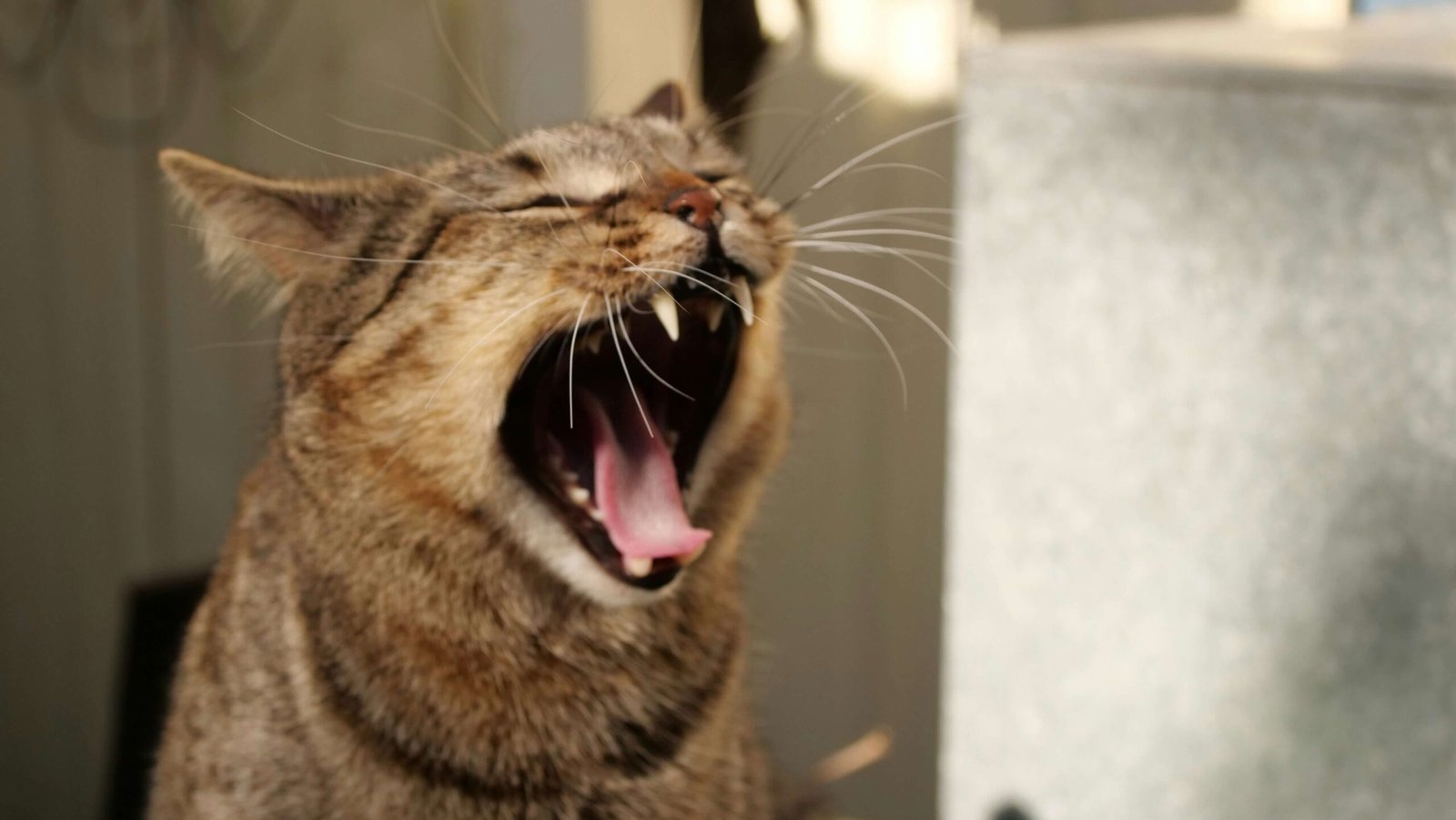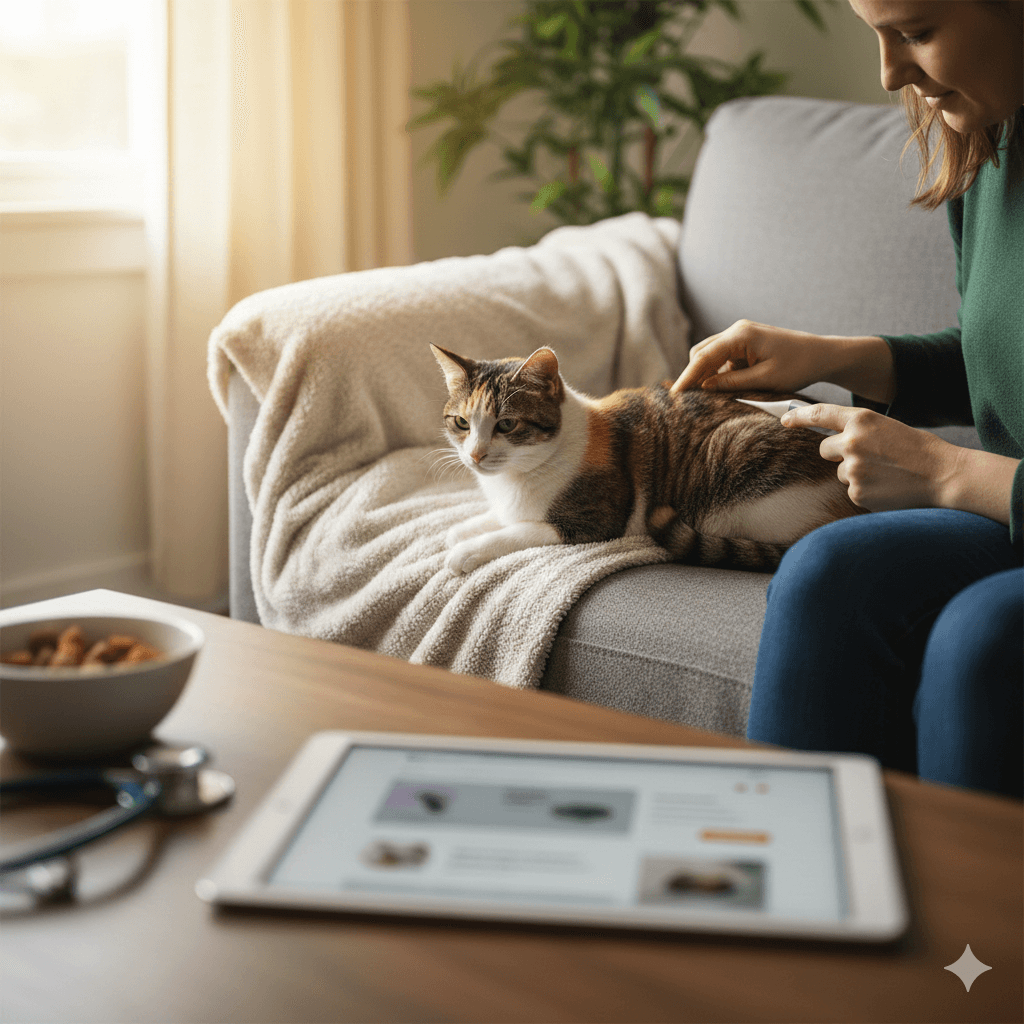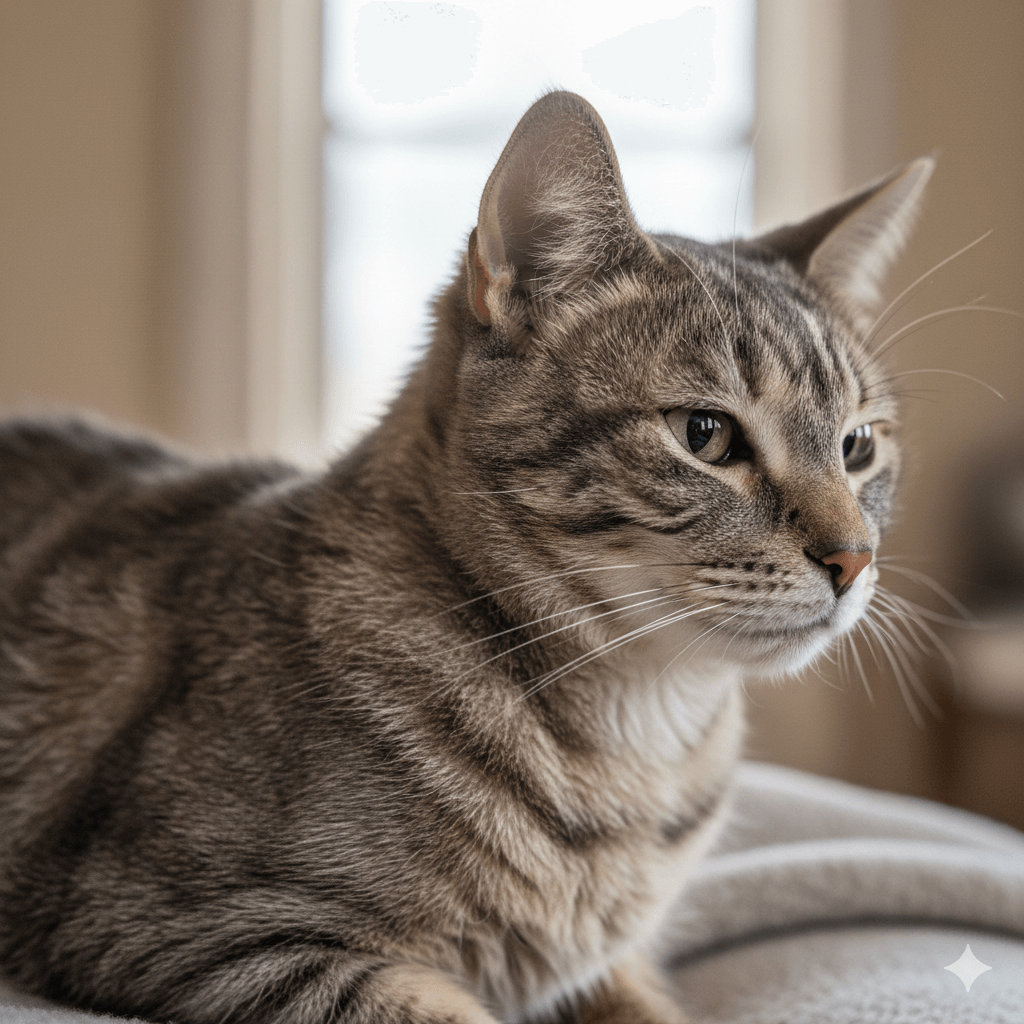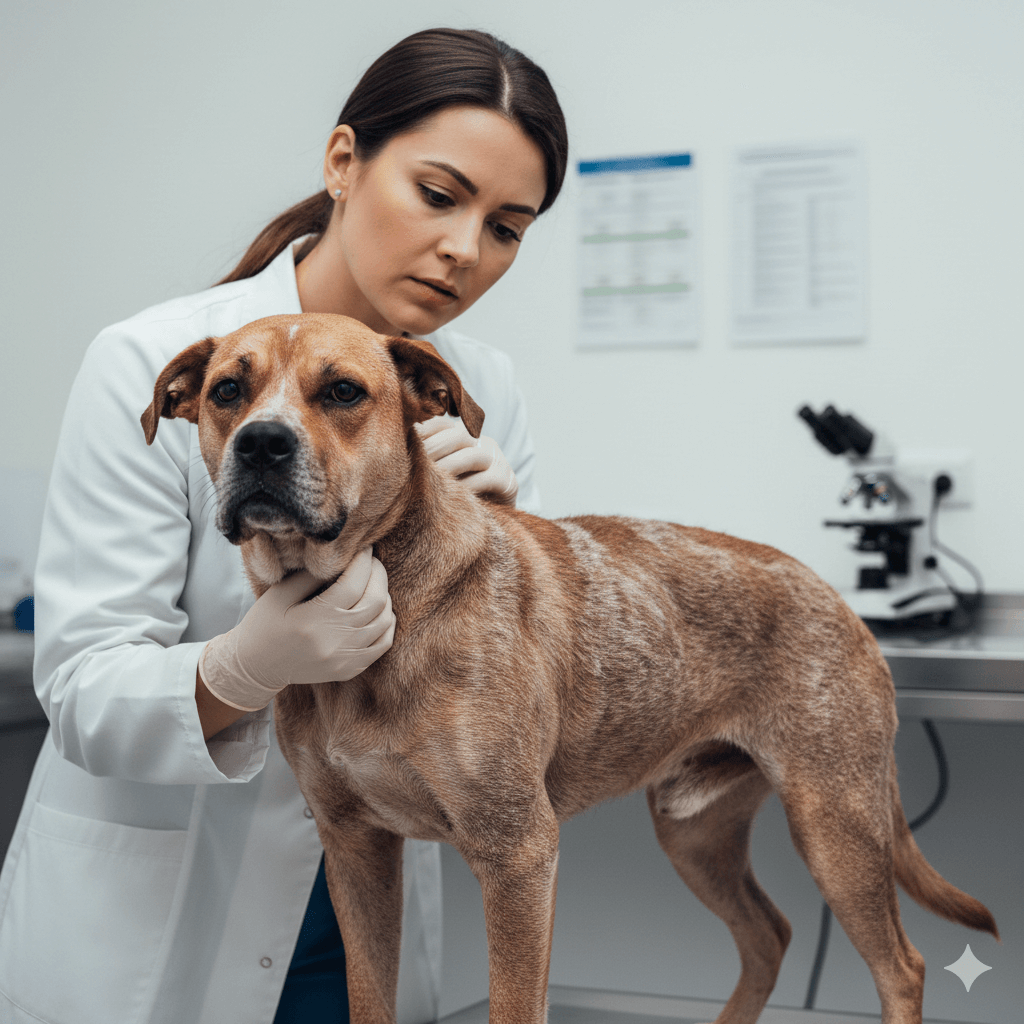Why Do Cats Open Their Mouths? Decoding the Mystery Behind This Quirky Behavior
Cats are fascinating creatures, and their behaviors often leave us scratching our heads in curiosity. One such behavior is when they open their mouths wide, seemingly frozen in place. While it may look strange or even comical at times, this action serves a purpose beyond what meets the eye. From sniffing out scents to communicating emotions, there’s more to this feline habit than you might think. Let’s dive into the world of cats and explore why they sometimes gape with their mouths open.
The Science Behind the Open Mouth: What’s Happening?
When your cat opens its mouth, it’s not just being dramatic—it’s activating an important sensory mechanism. Here’s a breakdown of what could be happening during these moments:
Flehmen Response :
Cats exhibit a behavior called the flehmen response, where they curl their lips back and open their mouths slightly to analyze unfamiliar scents.Vomeronasal Organ Activation :
This specialized organ, located on the roof of a cat’s mouth, helps them detect pheromones and other chemical signals that humans can’t perceive.Enhanced Smell Detection :
By opening their mouths, cats enhance their ability to process smells, especially those related to other animals or changes in their environment.Curiosity About New Scents :
Whether it’s a new piece of furniture or another pet in the house, cats use their open-mouthed sniffing to gather information about their surroundings.Non-Verbal Communication :
Sometimes, an open mouth can signal mild stress, confusion, or surprise, depending on the situation.
Understanding these points allows us to appreciate how intricate and intelligent our feline friends truly are. Next time you see your cat gaping, remember—it’s simply trying to make sense of the world around it.
Common Triggers for Mouth-Opening Behavior
While the science explains how cats use their mouths to investigate scents, certain scenarios tend to trigger this behavior more frequently. Below are some common triggers:
Encountering Strong Odors :
Anything with a strong smell—like cleaning products, food spills, or dirty litter boxes—can prompt a cat to open its mouth.Interacting with Other Animals :
If your cat smells another animal’s scent, whether indoors or outdoors, it may engage in the flehmen response to better understand who’s been nearby.Exploring Unfamiliar Objects :
Cats are naturally curious, so bringing home new items like shoes, bags, or plants can lead to open-mouth sniffing sessions.Marking Territory :
Cats often react to territorial scents by opening their mouths as part of their investigation process.Reacting to Stressful Situations :
Loud noises, sudden movements, or unfamiliar people can cause a cat to display this behavior as a form of non-verbal expression.
Recognizing these triggers can help you better understand your cat’s needs and ensure they feel safe and comfortable in their environment.
Check this guide 👉The Enigmatic Smile of a Cat: Best 7 Behavior Tips!
Check this guide 👉The Sassy Cat Chronicles: Best 7 Expert Tips!
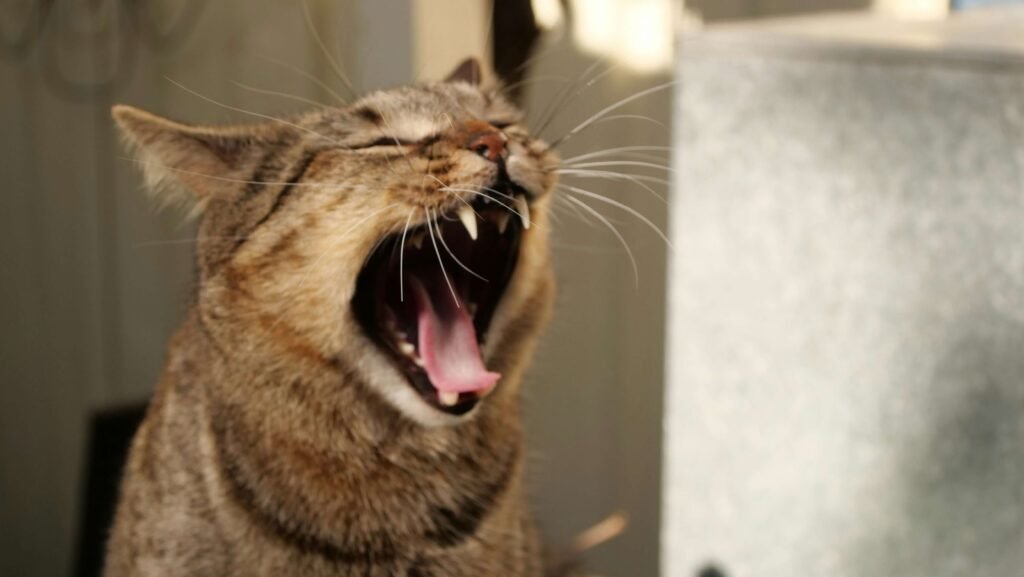
Behavior Trigger | Possible Explanation |
|---|---|
Flehmen Response | Analyzing unfamiliar scents using the vomeronasal organ. |
Sniffing Strong Smells | Investigating odors that stand out from the usual ones. |
Interaction with Other Pets | Gathering information about other animals’ presence. |
Curiosity About New Items | Exploring novel objects introduced into their space. |
Reaction to Environmental Changes | Assessing alterations in their surroundings for safety. |
Health Considerations: When Is It Cause for Concern?
While most instances of a cat opening its mouth are harmless, there are situations where this behavior might indicate underlying health issues. Keep an eye out for the following signs:
Excessive Drooling :
If your cat drools excessively while keeping its mouth open, it could signify dental problems or nausea.Difficulty Breathing :
Persistent panting or labored breathing accompanied by an open mouth may point to respiratory distress.Prolonged Gaping :
Holding the mouth open for extended periods without any apparent reason could indicate discomfort or pain.Swelling or Injuries :
Check for visible injuries inside the mouth or swelling that might explain unusual behavior.Changes in Appetite :
A sudden refusal to eat alongside frequent mouth-opening episodes should raise red flags.
If you notice any combination of these symptoms, consult a veterinarian promptly to rule out potential medical concerns.
Fun Facts About Cats and Their Mouths
Did you know that a cat’s mouth plays a crucial role in many aspects of its life? Here are some intriguing facts about our furry companions:
Unique Tooth Structure :
Cats have 30 teeth designed specifically for tearing meat, unlike humans who have flatter molars for grinding food.Taste Bud Differences :
Unlike humans, cats lack taste buds for sweetness but excel at detecting bitter flavors, which helps them avoid toxic substances.Highly Sensitive Tongues :
A cat’s tongue is covered in tiny spines called papillae, which aid in grooming and removing loose fur.Communication Through Yawning :
Cats sometimes yawn as a way to communicate relaxation or trust, especially around their owners.Mouth-Based Play Behavior :
Kittens often engage in playful biting to practice hunting skills, though adult cats retain this instinct too.
These fun facts highlight just how remarkable cats are and deepen our appreciation for their unique characteristics.
Signs Your Cat May Be Using Its Mouth for Communication
Cats rely heavily on body language to express themselves, and their mouths play a significant role in this silent dialogue. If you pay close attention, you might notice subtle cues that reveal what your cat is trying to communicate. Here are some signs to look out for:
Yawning During Relaxation :
Cats often yawn when they feel completely at ease, signaling trust in their surroundings.Open Mouth While Staring :
This could indicate curiosity or mild confusion about something happening nearby.Mouth Agape After a Meow :
Sometimes, cats leave their mouths open after vocalizing as a way to emphasize their message.Lip Licking After Eating :
This behavior suggests satisfaction with their meal—or possibly anticipation for more!Panting After Playtime :
Similar to dogs, cats may pant briefly after intense activity to cool down.
By recognizing these behaviors, you can better interpret your cat’s non-verbal communication and respond accordingly. Remember, every little gesture adds up to a bigger picture of how your cat feels.
Environmental Factors That Influence Mouth-Opening Behavior
A cat’s environment plays a huge role in shaping its actions, including when and why it opens its mouth. From scents to sounds, various external factors can trigger this behavior. Consider the following influences:
Strong Cleaning Products :
Harsh chemical smells can overwhelm a cat’s sensitive nose, prompting them to investigate further.New Furniture or Decorations :
Introducing unfamiliar objects into your home can spark curiosity and lead to open-mouth sniffing.Visitors or Strangers :
The presence of new people brings different scents that cats will analyze through their mouths.Weather Changes :
Shifts in humidity or temperature can affect air quality, making cats more alert to odors.Outdoor Access :
Cats allowed outside may encounter countless new scents, leading to frequent mouth-opening episodes.
Understanding these environmental triggers helps us create spaces where our cats feel secure and stimulated. Paying attention to their reactions ensures we meet their needs effectively.
How to Encourage Positive Mouth-Related Behaviors
While most mouth-related behaviors in cats are instinctual, there are ways to encourage positive interactions and minimize stress-inducing triggers. By fostering a supportive environment, you can help your cat thrive. Here are some strategies:
Provide Scent Enrichment :
Use cat-safe herbs like catnip or silver vine to stimulate their sense of smell in a fun way.Introduce New Items Gradually :
Allow your cat time to adjust to new objects or furniture by letting them explore at their own pace.Maintain a Clean Environment :
Regularly clean litter boxes and avoid using strong-smelling cleaners that could irritate your cat’s nose.Offer Mental Stimulation :
Puzzle toys and interactive games can redirect curious sniffing into constructive playtime.Monitor Stress Levels :
Keep an eye on your cat’s overall demeanor and reduce exposure to stressful situations whenever possible.
By implementing these tips, you can ensure your cat remains happy, healthy, and engaged. Creating a harmonious living space benefits both you and your feline friend, strengthening your bond over time.
Frequently Asked Questions About Cats Opening Their Mouths
Why does my cat randomly open its mouth and sniff the air?
Your cat is likely performing the flehmen response to analyze scents it finds interesting or unfamiliar.
Should I worry if my cat keeps its mouth open for a long time?
Occasional mouth-opening is normal, but prolonged gaping could indicate discomfort or illness. Consult a vet if unsure.
Can stress cause my cat to open its mouth more often?
Yes, stress or anxiety can manifest in various behaviors, including increased mouth-opening or panting.
Do all cats perform the flehmen response?
Most cats do, but the frequency and intensity vary based on individual personalities and environmental factors.
How can I tell if my cat is sick based on its mouth behavior?
Look for accompanying symptoms like drooling, difficulty eating, or excessive panting, and seek veterinary advice if concerned.
Appreciating Our Feline Friends
Cats are complex creatures whose behaviors continue to captivate and intrigue us. Understanding why they open their mouths provides valuable insight into their sensory world and emotional states. Whether it’s deciphering scents, reacting to stimuli, or signaling health concerns, every quirky habit has meaning. By observing and learning from our feline companions, we strengthen the bond we share with them and ensure their well-being. So next time you catch your cat mid-gape, take a moment to marvel at the wonders of nature—and maybe snap a cute photo while you’re at it!
How to Check Your Cat for a Fever: Best 7 Expert Tips! – Learn the signs, safe temperature checks, and when to see a vet. Keep your feline healthy and happy!
How to Check Your Dog for a Fever: Best 7 Expert Tips! – Learn the signs, safe temperature checks, and when to see a vet if your dog has a fever.
Hypothyroidism and Its Impact on Cat Skin: Best 7 Tips! – Discover how hypothyroidism affects your cat’s skin, spot symptoms early, and learn effective care strategies to keep your feline healthy.
Hypothyroidism and Its Impact on Dog Skin: Best 7 Tips! – Discover how hypothyroidism affects your dog’s skin, spot symptoms early, and learn effective care strategies to restore their health.

